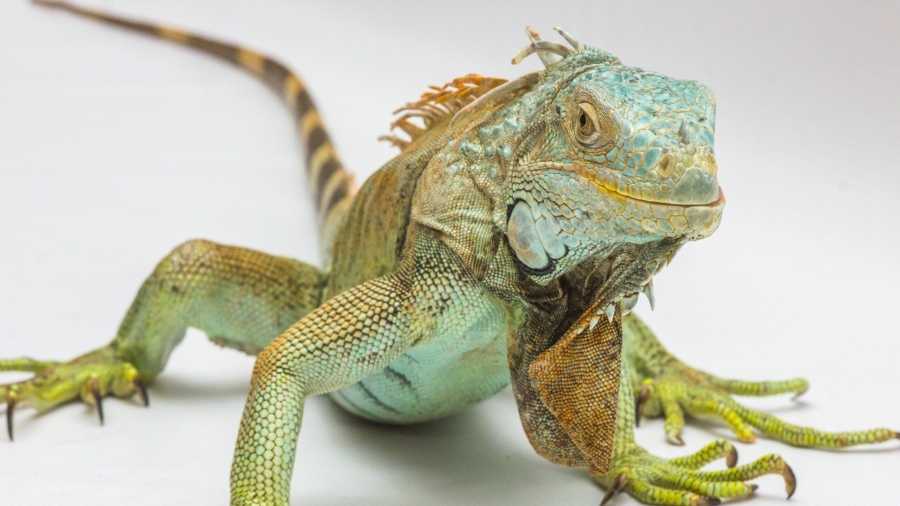The National Weather Service Miami has warned people to watch for falling iguanas, as temperatures are expected to drop into the 40s or even 30s at night freezing the cold-blooded lizards and eventually forcing them to drop from trees.
“This isn’t something we usually forecast, but don’t be surprised if you see iguanas falling from the trees tonight as lows drop into the 30s and 40s. Brrrr!” the service said on Twitter. “Iguanas are cold-blooded. They slow down and become immobile when temps drop into the 40s. They may fall from trees, but they are not dead,” it continued.
Jan 21 – This isn’t something we usually forecast, but don’t be surprised if you see Iguanas falling from the trees tonight as lows drop into the 30s and 40s. Brrrr! #flwx #miami pic.twitter.com/rsbzNMgO01
— NWS Miami (@NWSMiami) January 21, 2020
Iguanas cannot sustain their body temperature and are unable to withstand temperatures below 50 degrees Fahrenheit, causing them to go into a kind of slow motion and eventually become completely numb.
When temperatures hit below 45 degrees, the animals go into a state of hibernation or cold-stunned state. They become entirely still, and only their most basic vital functions remain in operation. If they are exposed for too long—over eight hours—to such cold, they may die—but not before falling out of any trees they happen to be in.
“The temperature threshold for when iguanas begin to go into a dormant state depends greatly on the size of the iguana,” said communications director for Zoo Miami Ron Magill, according to CNN. “Generally speaking, the larger the iguana, the more cold it can tolerate for longer periods.”
Adult males can reach a length of 5 feet and weigh up to 20 pounds, so the risk of a falling iguana is something to be taken seriously.
It’s not just iguanas that are susceptible to cold—sea turtles also reportedly freeze up from time to time—but of course they don’t carry the risk of falling from trees.
Iguanas are native to the Caribbean, Central, and South America and are considered invasive animals. They have been released and abandoned in southern Florida as a result of the pet trade, the South Florida Sun-Sentinel reported. They have adapted quite well to the mild southern Florida climate and are a nuisance to many property owners as they savage lawns, pools, and waterworks.
Florida Fish and Wildlife Commission caused outrage among animal lovers during last year’s cold spell when it encouraged people to kill as many frozen animals as possible, CBS reported. Later it changed its stance, advising having the beasts removed by “professionals who do this for a living.” Doing it yourself is not advisable as the animals may bite when they thaw out.


